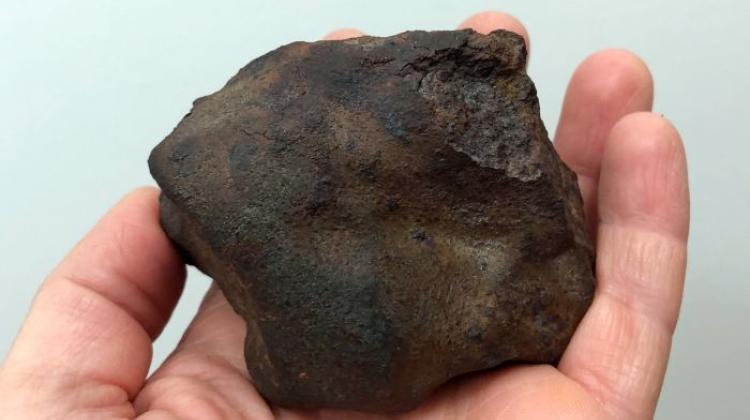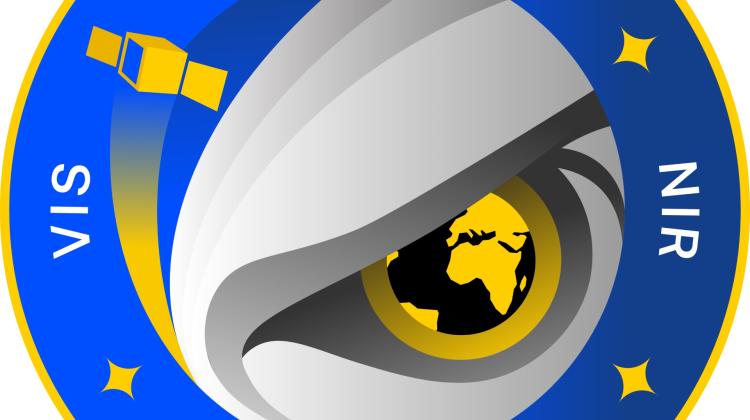Gdańsk University of Technology students will conduct a space experiment
 Photo: Fotolia
Photo: Fotolia
Gdańsk University of Technology students will conduct a space experiment, in which they will investigate the vibrations and heat flow during the flight of a suborbital rocket. The project will be carried out in cooperation with the European Space Agency.
"As part of the experiment, a very small device will be built and placed in the rocket. The device will record vibrations and heat flow during the rocket\'s launch and flight" - told PAP Prof. Edmund Wittbrodt from the Faculty of Mechanical Engineering, Gdańsk University of Technology, the Rector\'s Plenipotentiary for cooperation with the Polish Space Agency and the European Space Agency (ESA), and the scientific supervisor of the team that will carry out the experiment.
Wittbrodt explained that the task of the device, which will be designed and built by Gdańsk students, will be to measure the actual loads in the rocket. He explained that young scientists hypothesized that scientific equipment sent into space for scientific purposes, is excessively encapsulated. He added that the weight significantly affects the costs of such research. "Students want to see if the weight of +packaging+ could be reduced to better match the actual loads" - explained Wittbrodt.
The launch of the rocket carrying the measuring equipment built by Gdańsk University of Technology students is scheduled for the beginning of 2019. Until then, with the help of scientists from their alma mater as well as the European Space Agency, the team will construct devices that will measure heat and vibrations. As part of the preparations, in February this year the students will visit the ESRANGE spacecraft near Kiruna in northern Sweden.
The Gdańsk space experiment is possible thanks to the REXUS/BEXUS Student Experiment Programme coordinated by the European Space Agency. This programme allows students from European universities to carry out scientific or technological experiments on board stratospheric balloons (BEXUS) or suborbital rockets (REXUS).
As part of the program, two rockets and two balloons with equipment for student experiments are launched each year. The projects are selected in the competition. Every year, dozens of teams from universities from all over Europe compete. Only a handful of the best projects are qualified. Wittbrodt emphasized that the projects are selected by engineers of various specialisations and industries.
He explained that the five-member team of Gdańsk University of Technology students, who are preparing the experiment, includes students from the following faculties: Mechanical Engineering and Electronics, Telecommunications and Informatics, specializing in various fields. "This is very satisfying, because interdisciplinary work is extremely important in science and research" - emphasized Wittbrodt.
The team members are: Adam Dąbrowski (assistant at the Department of Mechanics and Mechatronics at the Faculty of Mechanical Engineering), Jacek Goczkowski, Karol Pelzner, Agnieszka Elwertowska and Szymon Krawczuk. Dąbrowski is the direct supervisor of the group. "He is the driving force behind this project" - said Wittbrodt.
He emphasized that the project is one of the effects of the introduction at Gdańsk University of Technology of a new, inter-university program of study - Space and Satellite Technologies, of which he was the originator. "Submission of the project by a group of Gdańsk students shows that young people are interested in this area of research" - added Wittbrodt. (PAP)
PAP - Science in Poland
author: Anna Kisicka
aks/ mrr/ kap/
tr. RL
Przed dodaniem komentarza prosimy o zapoznanie z Regulaminem forum serwisu Nauka w Polsce.















